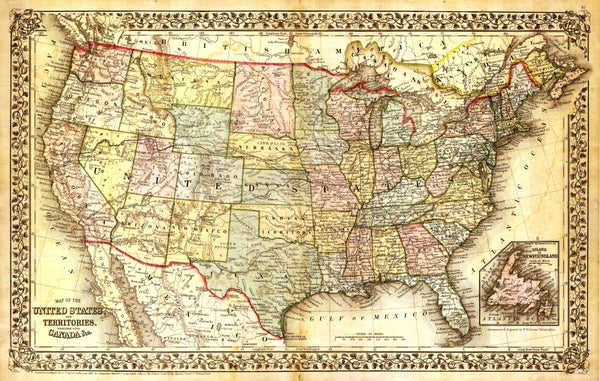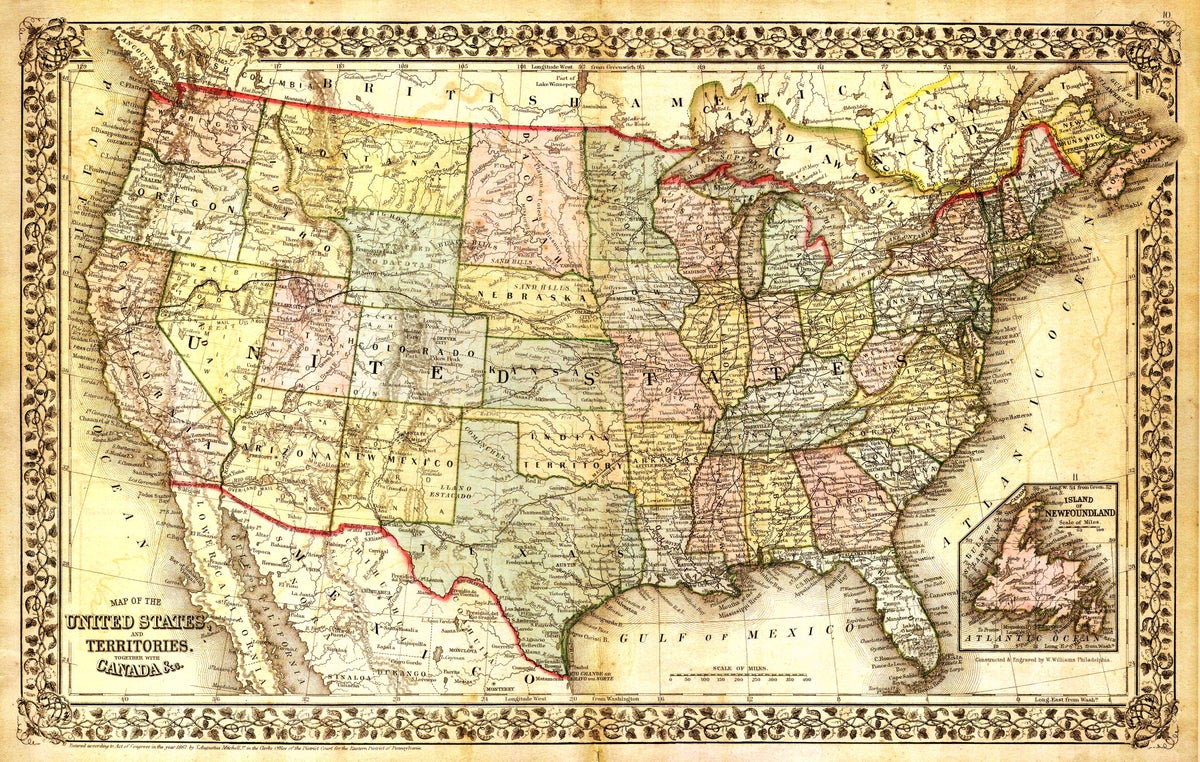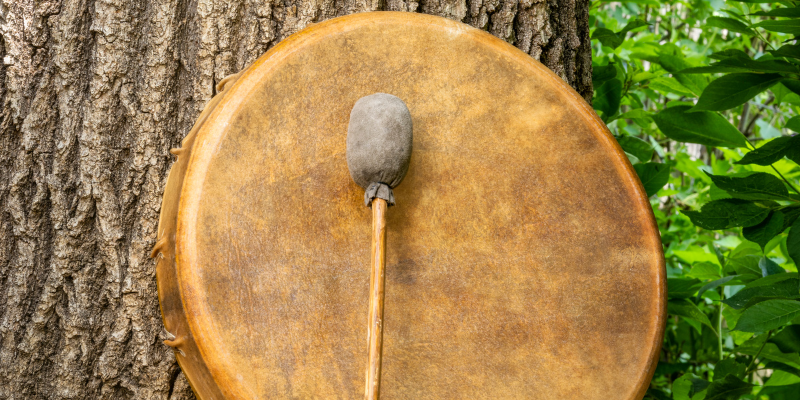“Whose Land Do You Live On?” Reminds Americans Colonization Happened in Their Backyards
First Peoples populated America long before Europeans arrived to stake their claim. We have largely forgotten this legacy. A mapping tool is looking to change that

This article was published in Scientific American’s former blog network and reflects the views of the author, not necessarily those of Scientific American
As Christopher Columbus falls farther out of favor, the discourse has shifted to emphasize the voices that his story has silenced. This is particularly important as the United States grapples with defining what it means to be American. This identity is being wielded as a weapon within immigration politics. There are countless stories of widespread harassment in public spaces of people viewed as non-Native born Americans. On the edges of this, First Peoples have presented reminders that the Americas were populated prior to the arrival of Europeans and if anyone has a claim to being “American,” it is them. To this end, several instances of a reminder to know whose Native land you currently reside on was circulated on social media on Indigenous People’s Day—and a crowd-influenced mapping tool exists to help with this assessment, and prompt awareness and self-reflection.
Every day I travel into Lenape territory. I doubt they would recognize it today. In 1609 when Henry Hudson sailed into New York harbor, the island of Manhattan was a thriving natural ecosystem. Hudson documented chestnut, oak, and hickory trees as well as salt marshes populated by turkey, elk, black bears, and beavers. The Collect Pond, which was covered over at the present-day Foley Square, provided fresh water to Lenape villagers before the Dutch and English assumed control and eventually polluted the pond beyond use by building a tannery on its shores. Times Square…









